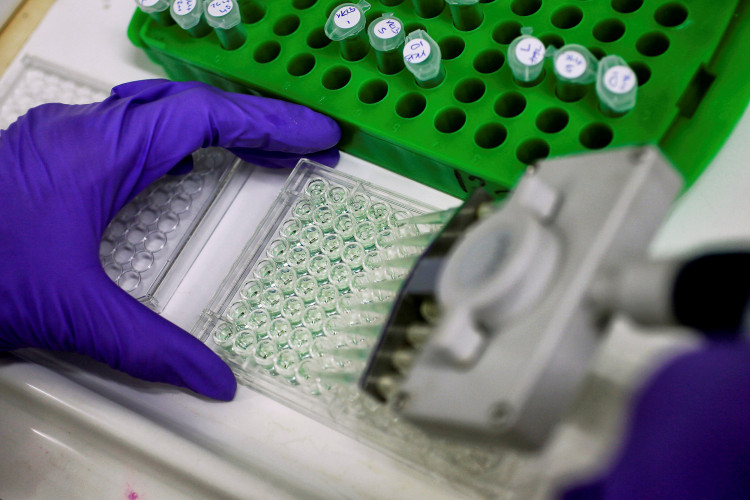In research hailed as a prospective revolution for the detection and cure of the most lethal kind of prostate cancer, scientists found microorganisms associated with malignant prostate cancer.
Prostate cancer researchers at the University of East Anglia carried out extensive genetic tests on the urine and prostate tissue of over 600 men with and without prostate cancer.
They discovered five kinds of bacteria that were connected to the rapid spread of the disease.
Although the study does not show that bacteria cause or accelerate prostate cancer, if ongoing research establishes their function, researchers can develop diagnostics to determine men at greatest risk and potentially produce antibiotics to stop cancer.
"This is a remarkable finding that has the potential to completely transform men's cancer treatment," Dr. Hayley Luxton of Prostate Cancer United Kingdom said.
The scientists present their genetic findings in the journal European Urology Oncology, where they discovered five species of bacteria - three of which have been previously unknown - that were connected with the advanced prostate cancer.
Those who had one or more of the species in their prostate, urine, or tumor tissue had a 2.6-fold increased risk of their early-stage cancer progressing to advanced disease compared to men who did not have one or more of the organisms.
Colin Cooper, the study's lead investigator and a lecturer of cancer genetics at the University of East Anglia noted that the bacteria may not be implicated in the disease.
For instance, men with more severe prostate cancer may have compromised immune systems, allowing specific germs to proliferate.
However, the researchers are convinced that bacteria are involved, in the same way as Helicobacter pylori infections increase the likelihood of stomach cancer.
While prostate cancer is the most prevalent type of cancer in males, patients frequently die along with the disease rather than as a result of it. Prostate cancers that are more severe claim approximately 12,000 lives per year in the United Kingdom.
Though prostate cancer is the most prevalent type of cancer in males, people frequently perish along with the disease rather than as a result of it. Each year, over 12,000 men die in the U.K. from more severe forms of prostate cancer.
Prof Rosalind Eeles, a cancer geneticist at the Institute of Cancer Research in London who worked on the study, said the discovery of new bacteria in prostate cancer individuals was a quite interesting outcome.






